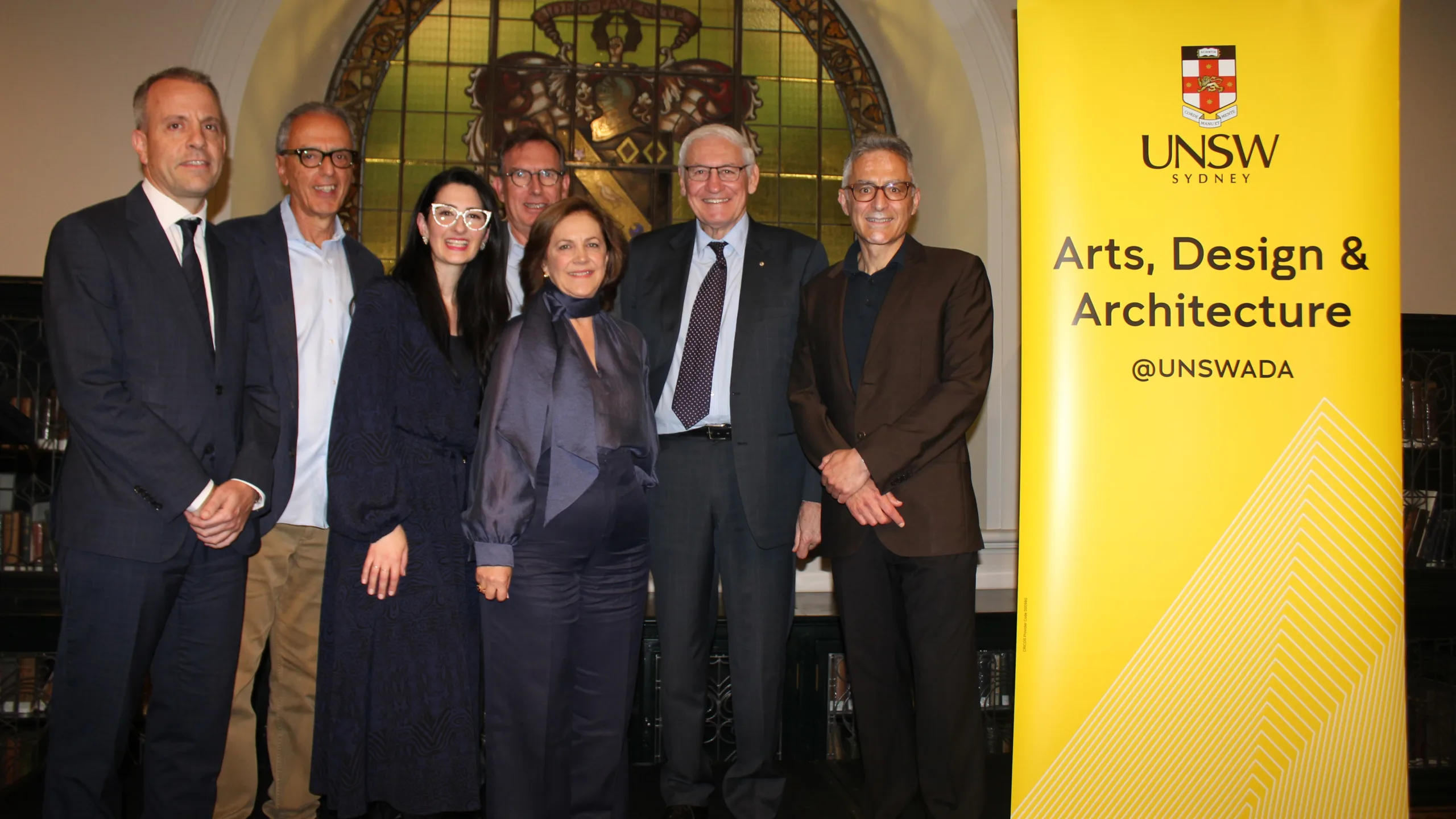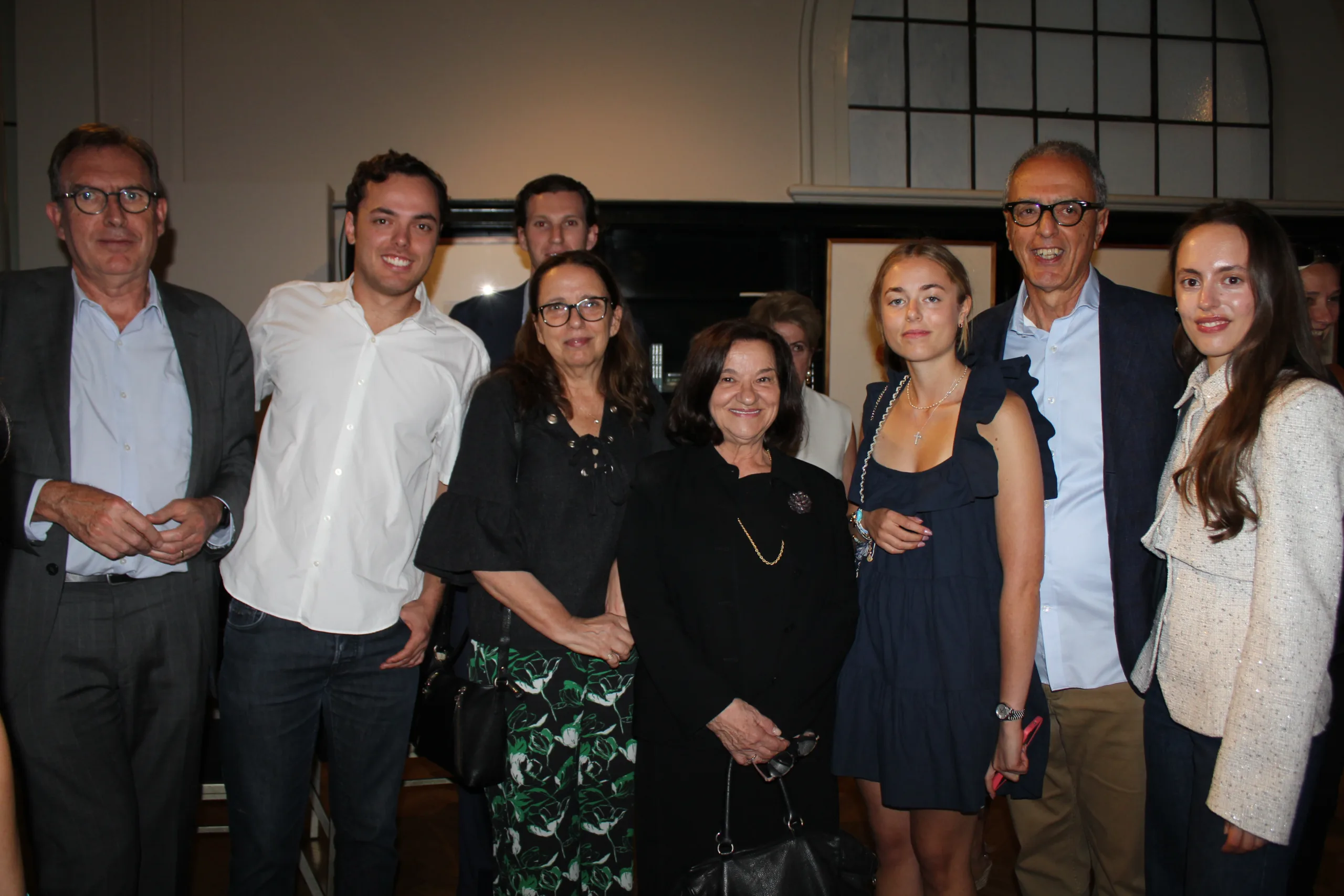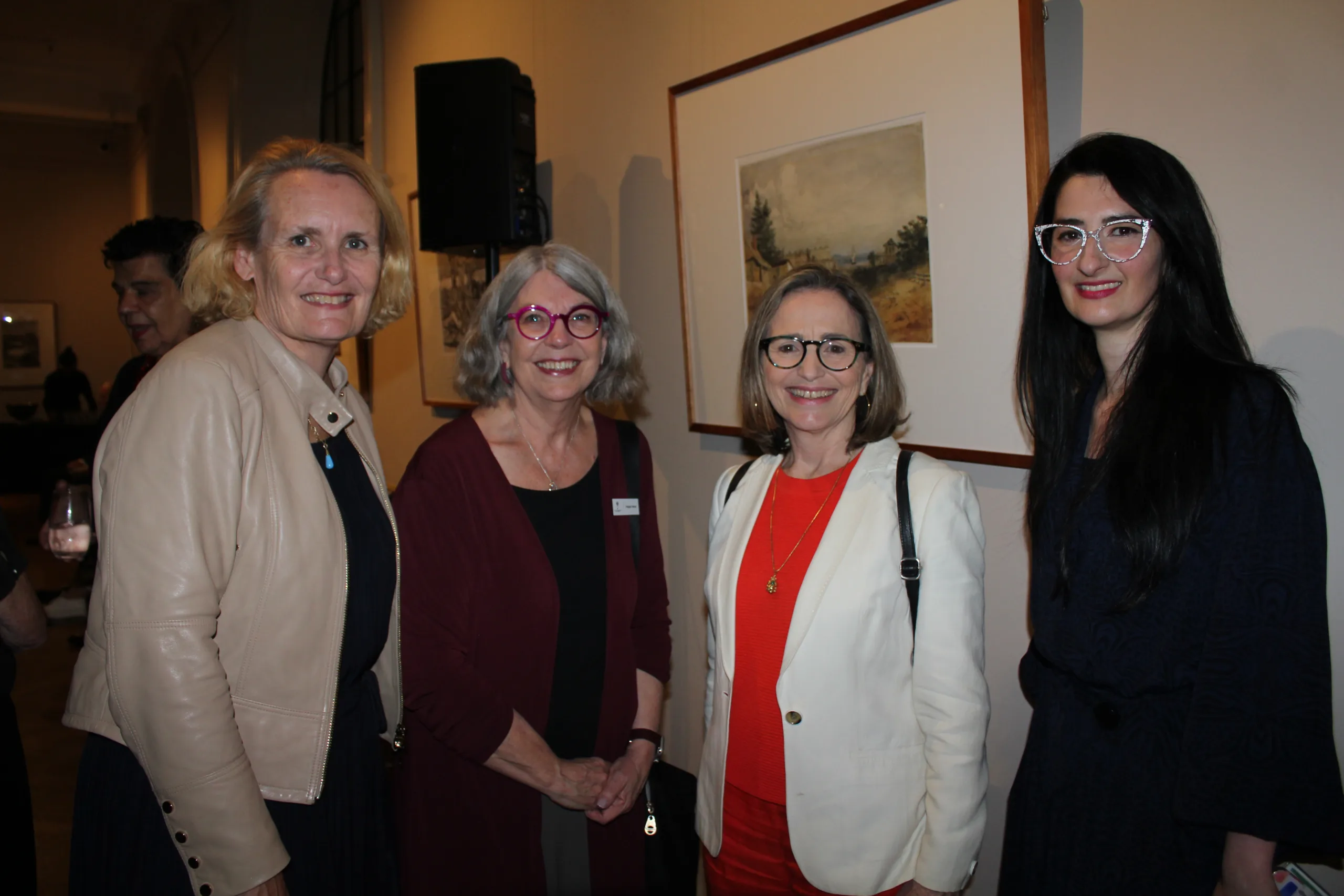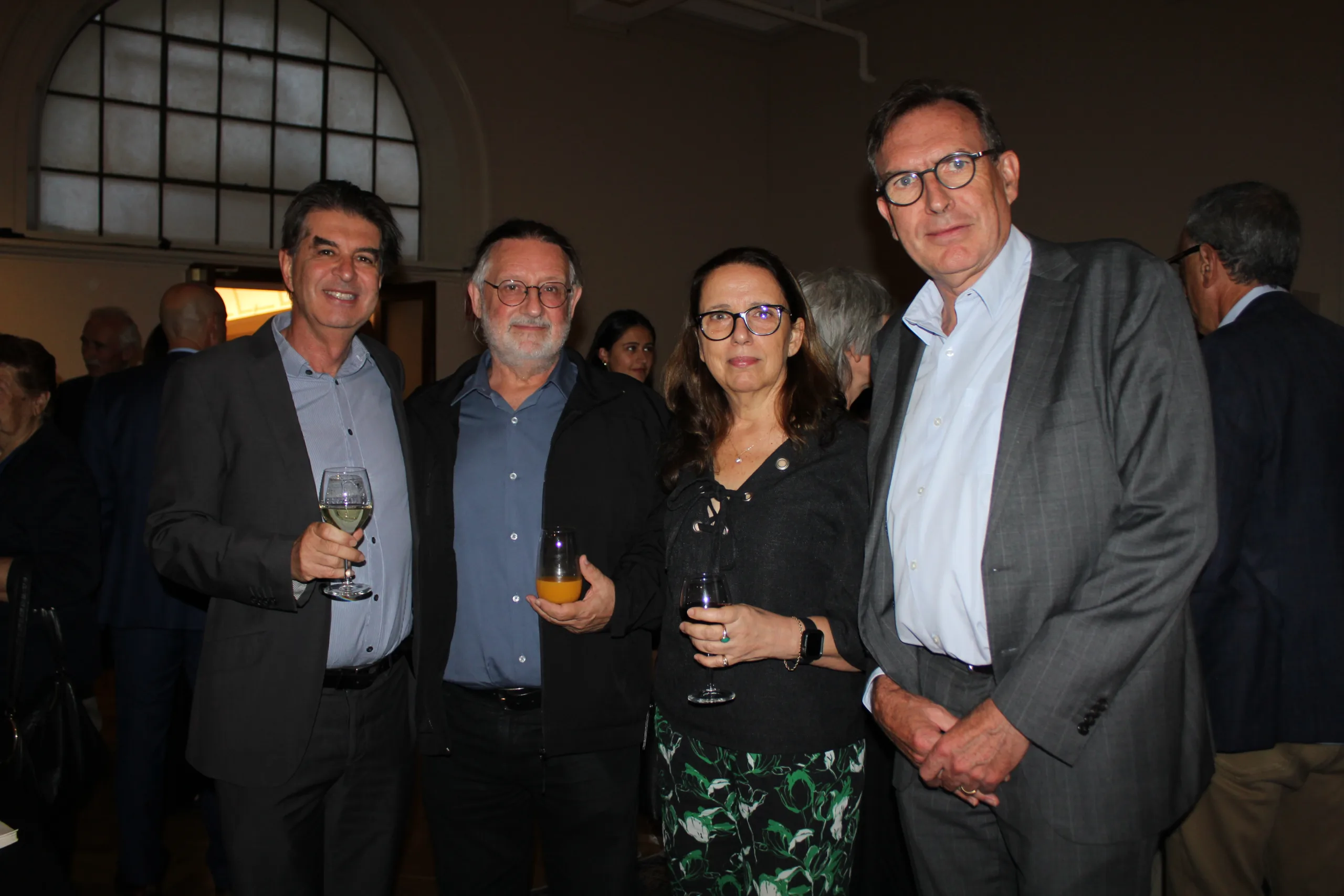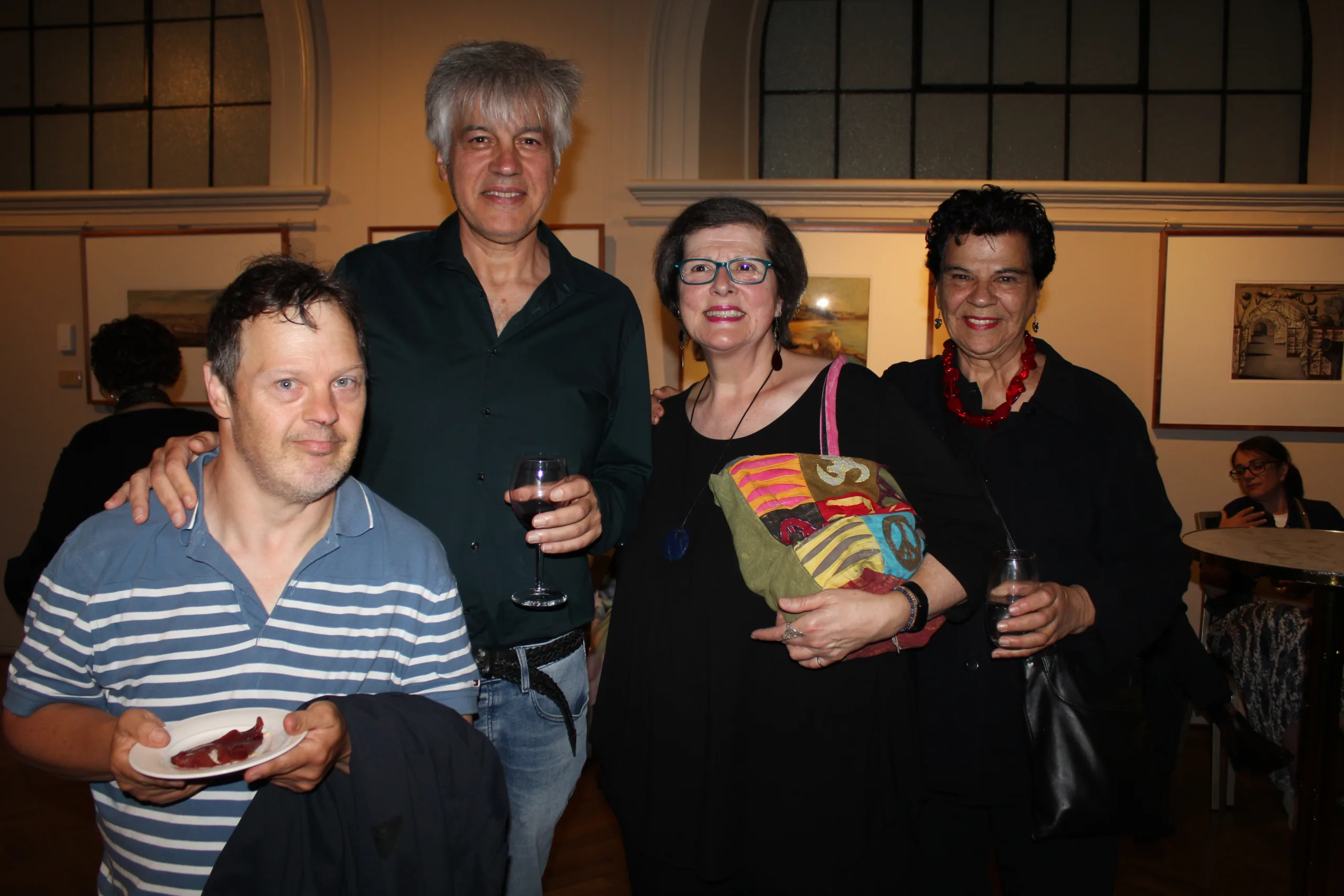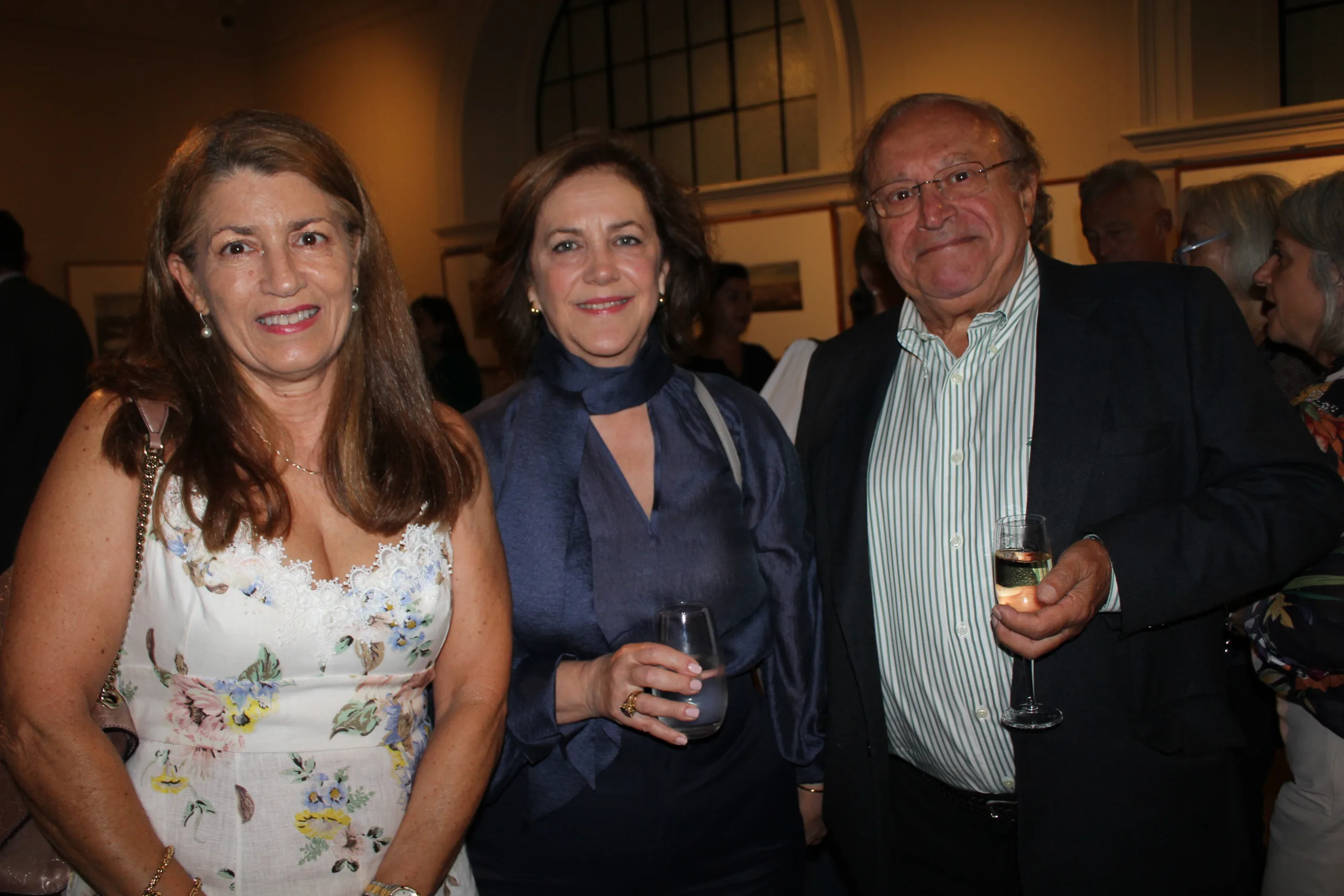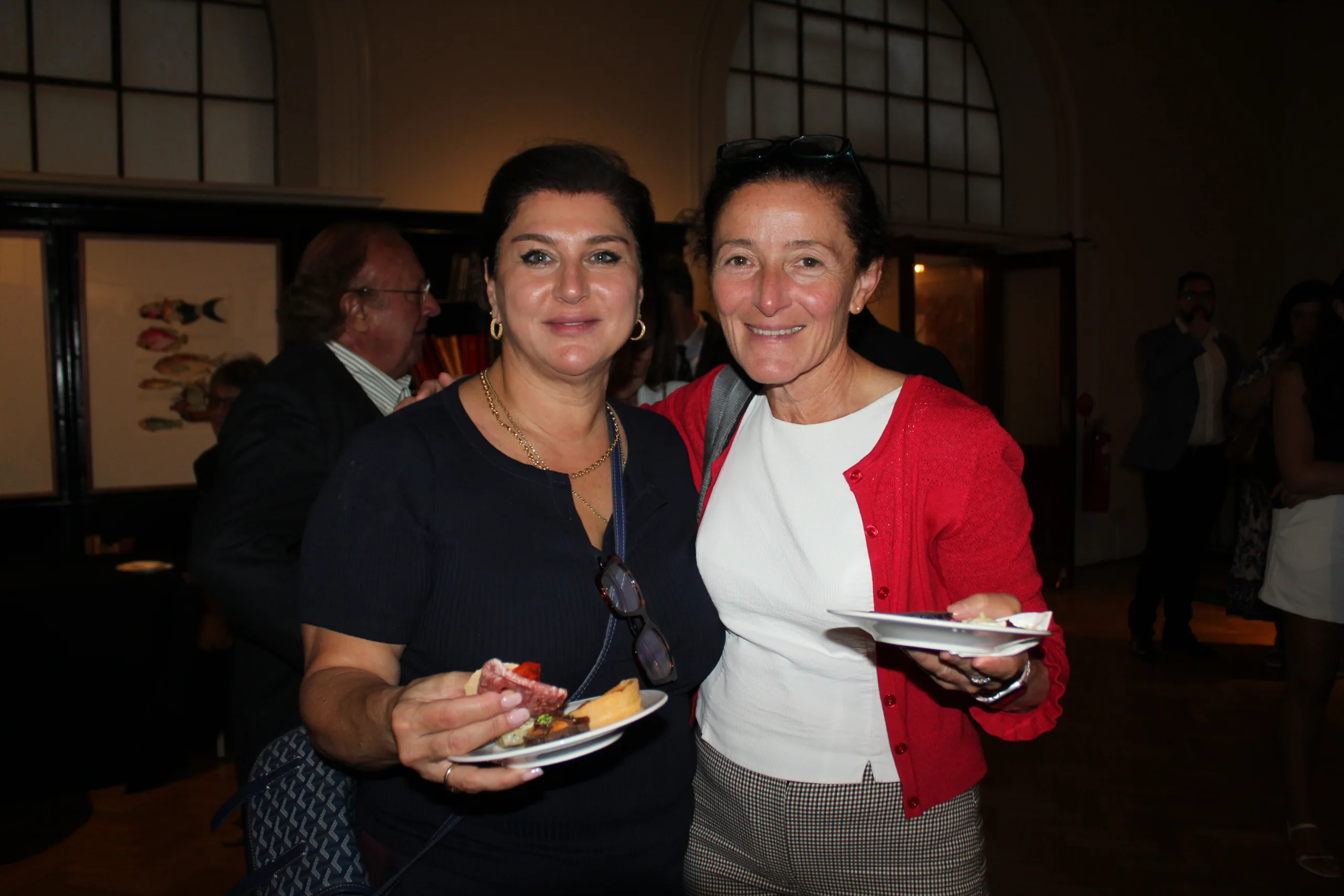The launch of the Greek-Australian Archive on Wednesday, November 20, marked a poignant celebration of cultural preservation and community resilience. Held in the elegant Gallery Room of the State Library of New South Wales, the event honoured the completion of an oral history project documenting the experiences of Greek migrants who arrived in Australia between 1948 and 1972.
With over 120 interviews and nearly 500 photographs now accessible online, this monumental project safeguards the voices and stories of a generation whose journeys shaped Australia’s multicultural identity.
The archive was created in partnership with the University of New South Wales, the State Library of NSW, the Greek Orthodox Community of NSW (GOCNSW) and the Australian Research Council.
The launch event brought together scholars, community leaders, and dignitaries, including the Consul General of Greece in Sydney, Ioannis Mallikourtis; Professor Claire Annesley, Dean of UNSW Arts, Design & Architecture; and Harry Danalis, President of the GOCNSW.
Preserving voices for future generations
Richard Neville, the Mitchell Librarian and Director of Engagement at the State Library of NSW, emceed the evening and opened the event with a heartfelt acknowledgment of the project’s long journey, which began with an email exchange in 2015. He described the archive as a living repository of courage and determination, highlighting the library’s unwavering commitment to digital preservation.
Mr Neville also underscored the importance of making these stories accessible to researchers, educators, and the broader community for generations to come.
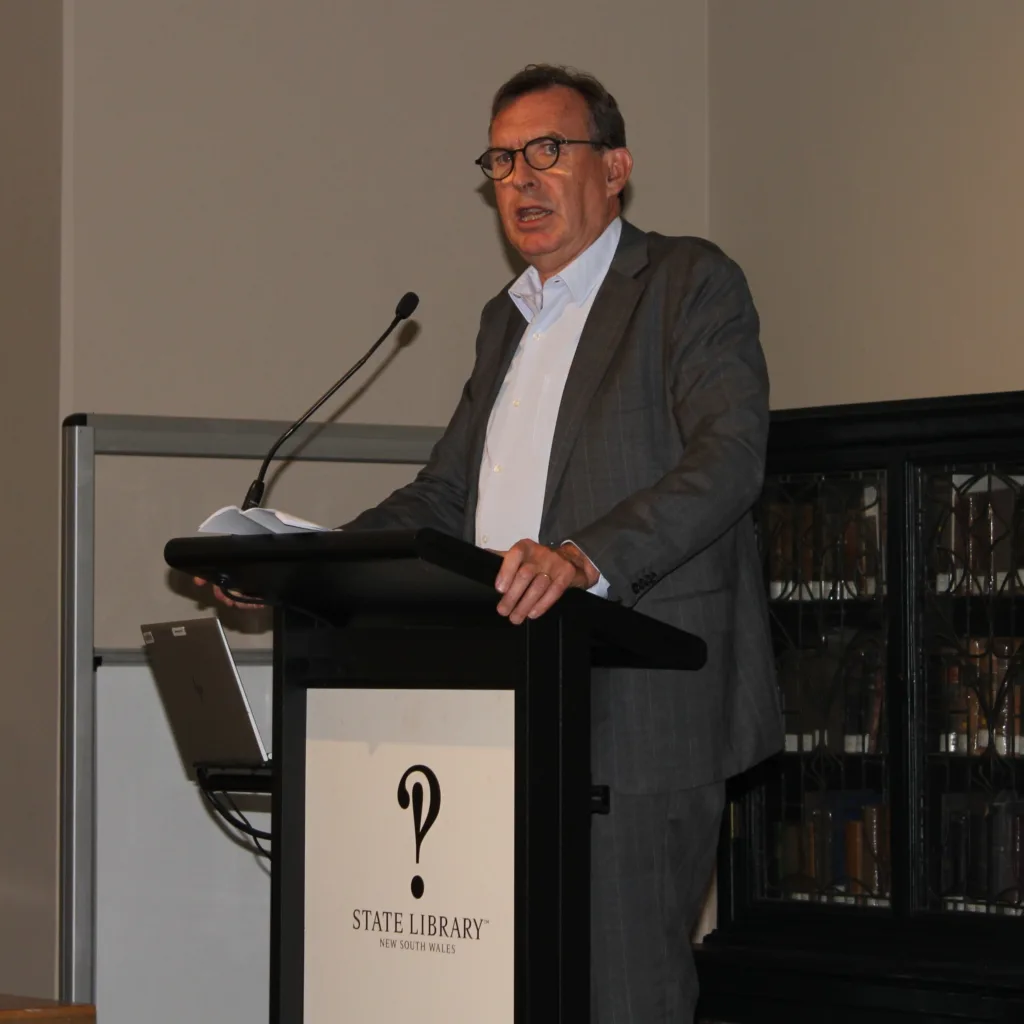
Personal reflections and community contributions
The Hon George Souris AM shared his personal connection to the project, reflecting on his family’s migration story from Greece to Australia. He spoke of the sacrifices made by Greek migrants and their enduring contributions to Australian society, particularly during significant moments like the Battle of Crete during World War II.
“The differences and also the commonalities of all the stories in this archive are what make it such a rich resource of both Australian and Greek Australian history,” Mr Souris said.
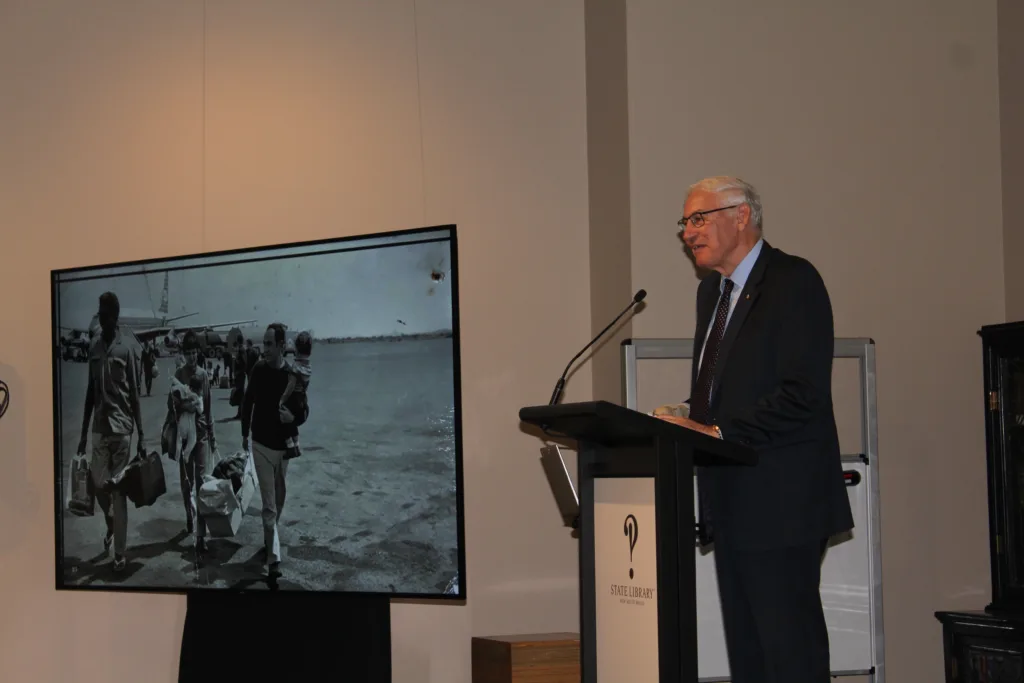
The Onisforou family are one of the major supporters of the archive, with the Oral History Collection being named in memory of Gregorios and Stavrini Onisforou. Their son, Theo, teared up at the launch event as he shared his family’s migration journey and the emotional significance of honouring the stories of migrants.
“The reality is that I understand death and I accept death, but what I don’t like is extinction, and what I know is that these Greek people who migrated to Australia will soon be extinct. All we have left is us, their children, and it is incumbent on us to be appreciative of the sacrifices they made,” Theo said emotionally, drawing applause from the packed crowd.
“All I can say is that in the future, when the Italians and every other nationality have an archive in this library, we can say we were first.”
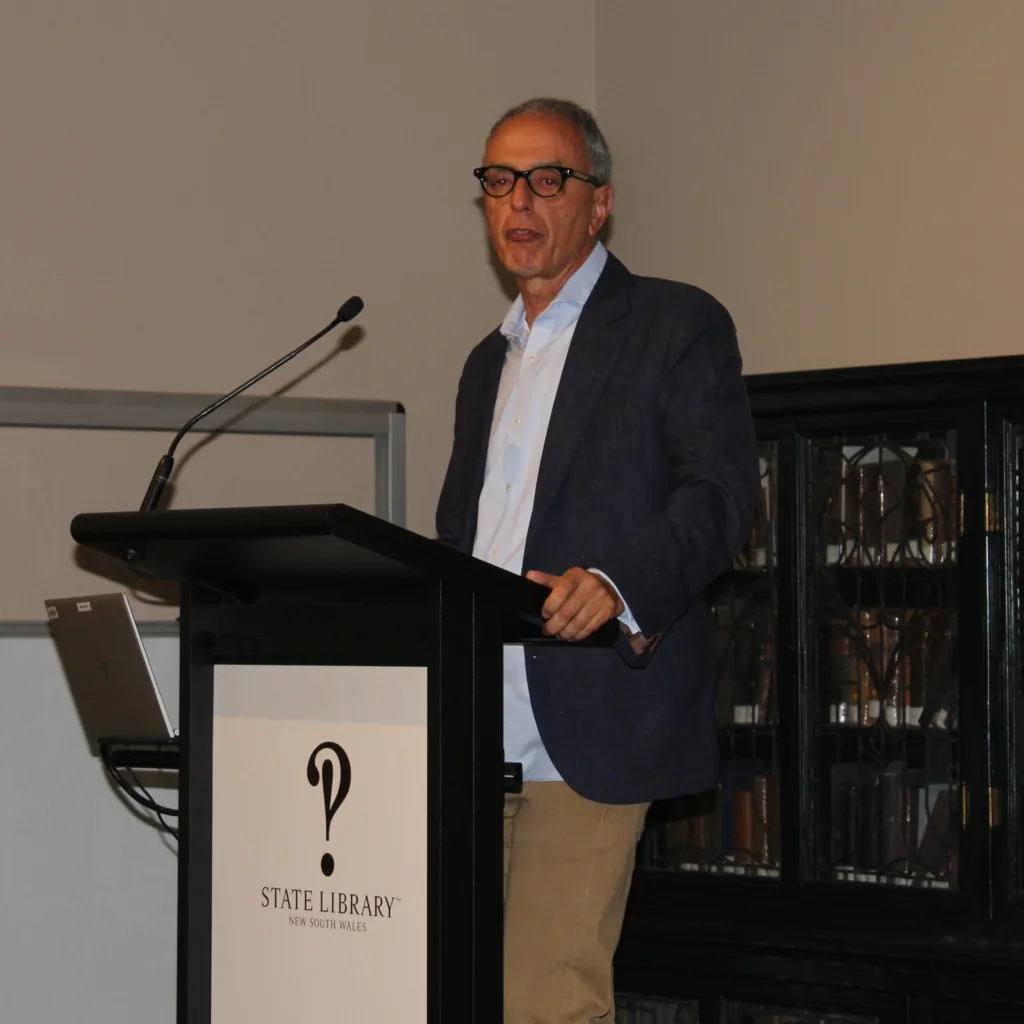
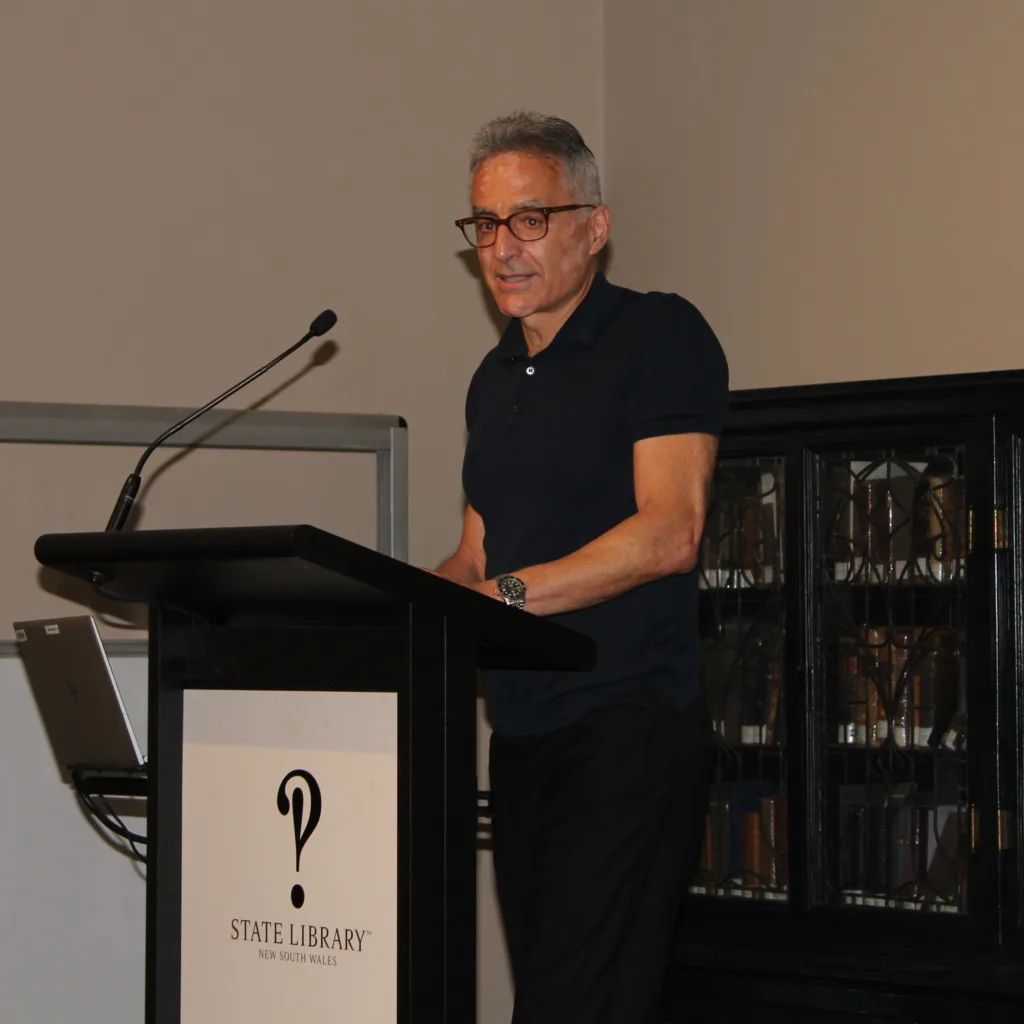
Professor George Kouvaros of UNSW Sydney, a key architect of the project alongside Professor Nick Doumanis, spoke of how the archive came into being as a collaboration between GOCNSW and the Hellenic Studies Foundation at UNSW, and later evolved into a broader initiative. He also emphasised the importance of recording these stories before they are lost.
“Anyone who listens to the oral history and looks at the photographs will… understand that migration is not an event that happened back then, something that’s over and done with, but it is an experience which continues to shape all our lives,” Mr Kouvaros said.
Kathy Kallos, another pivotal contributor to the project having interviewed many migrants, also delivered a deeply moving speech. She reflected on the archival material and what it represented: a shared humanity and an enduring connection between past and present.
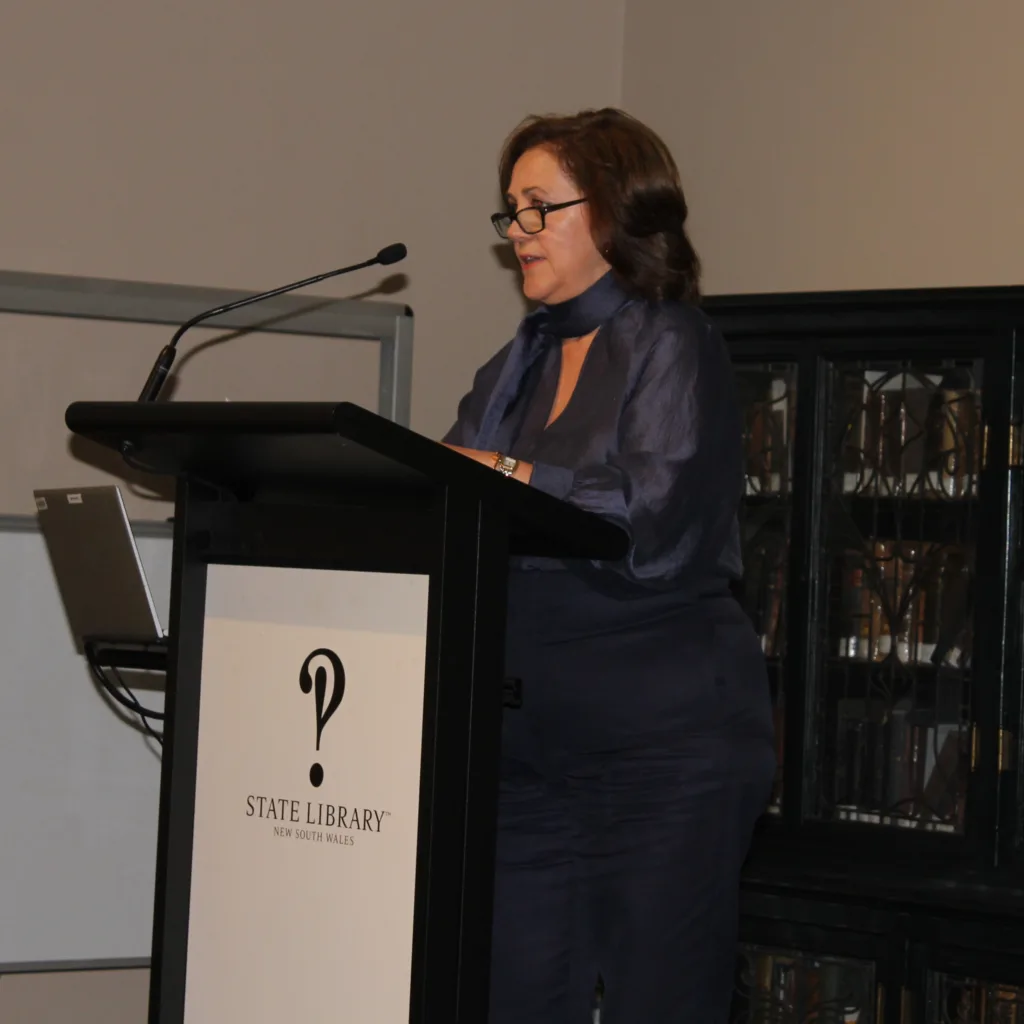
“The Greek Australian archive has preserved our language, replete with accents, regional dialects and other linguistic and cultural nuances,” Ms Kallos said, before reverting to the Greek language.
“The Greek Australian archive is first and foremost, a homage to you and your courage.”
A living legacy
As attendees mingled over drinks and canapés, many marvelled at the rich tapestry of stories presented in the archive. For some, it was a deeply personal experience.
“My son brought me here today,” Evangelia Athanasiou, who’s story is documented in the Greek Australian archive, told The Greek Herald on the night. “It’s important to have this archive so the youth can see what we went through and how we migrated here [to Australia].”
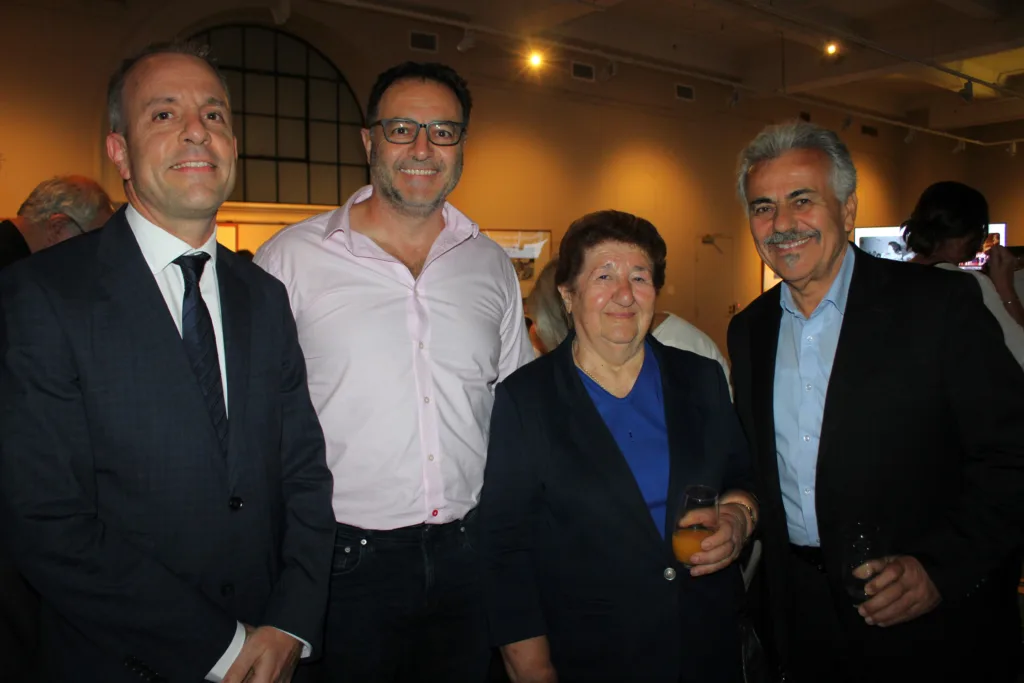
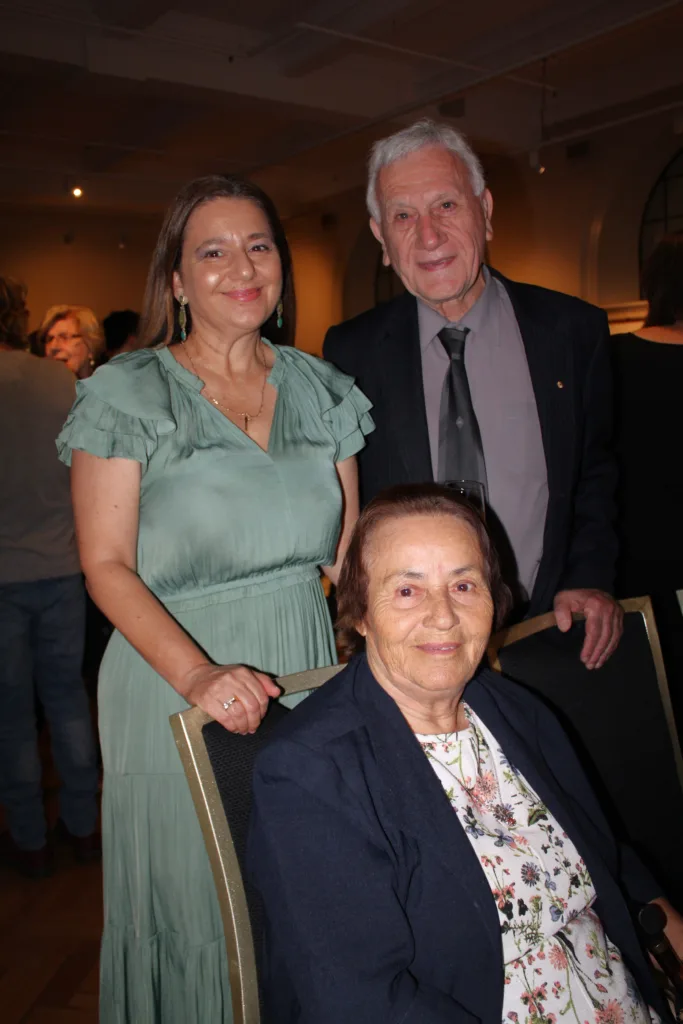
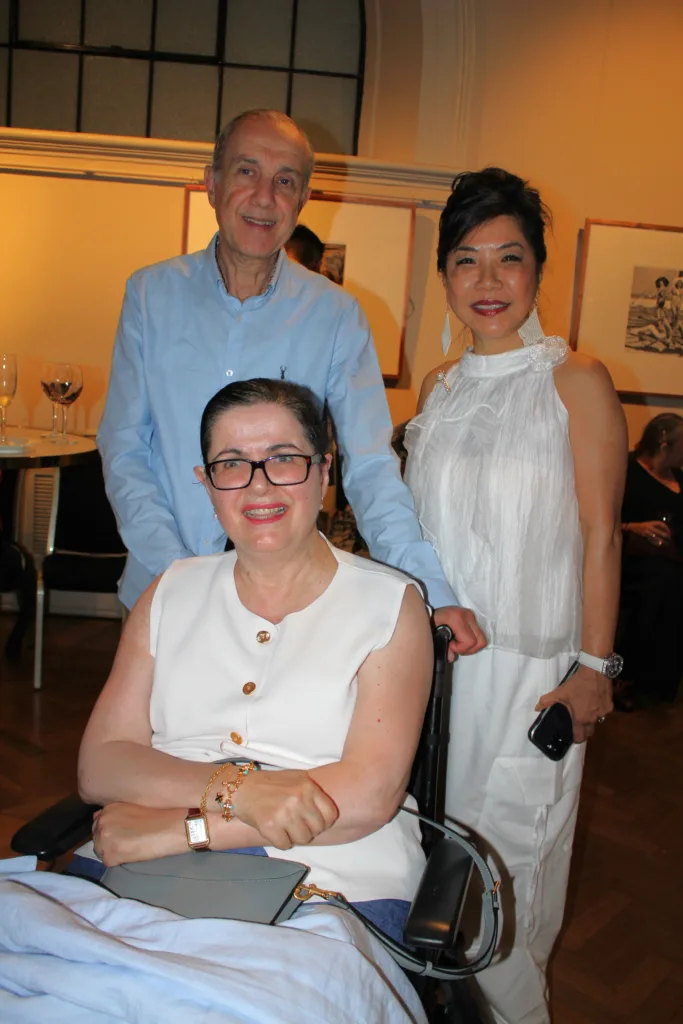
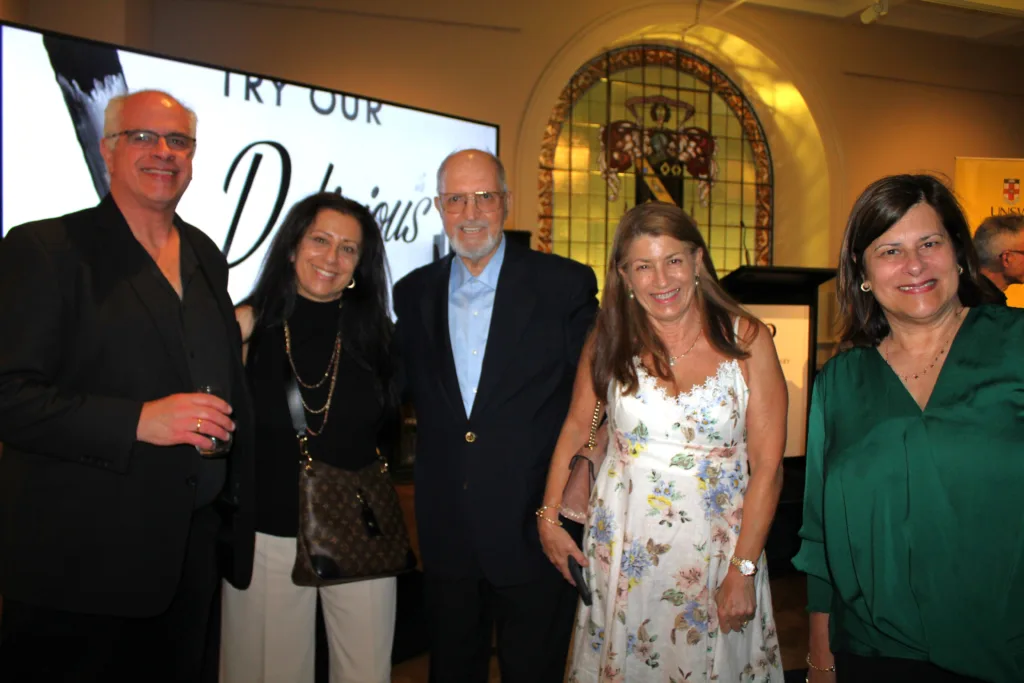
Another guest and project researcher Leah Varvaressos expressed her joy at finally launching some of the interviews after years of work.
“I think by being consistent with the sort of themes and time periods of our interviews, there’s certainly scope to build a precedence for future generations. I feel that we’ve very effectively laid the groundwork for further work. It’s just the beginning,” Leah said.
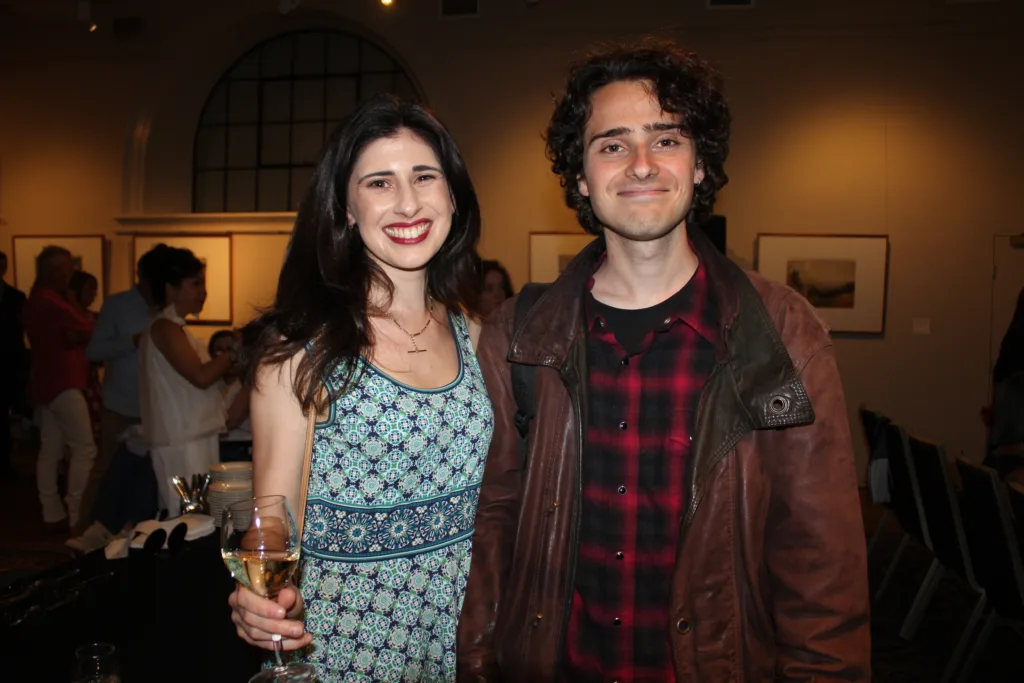
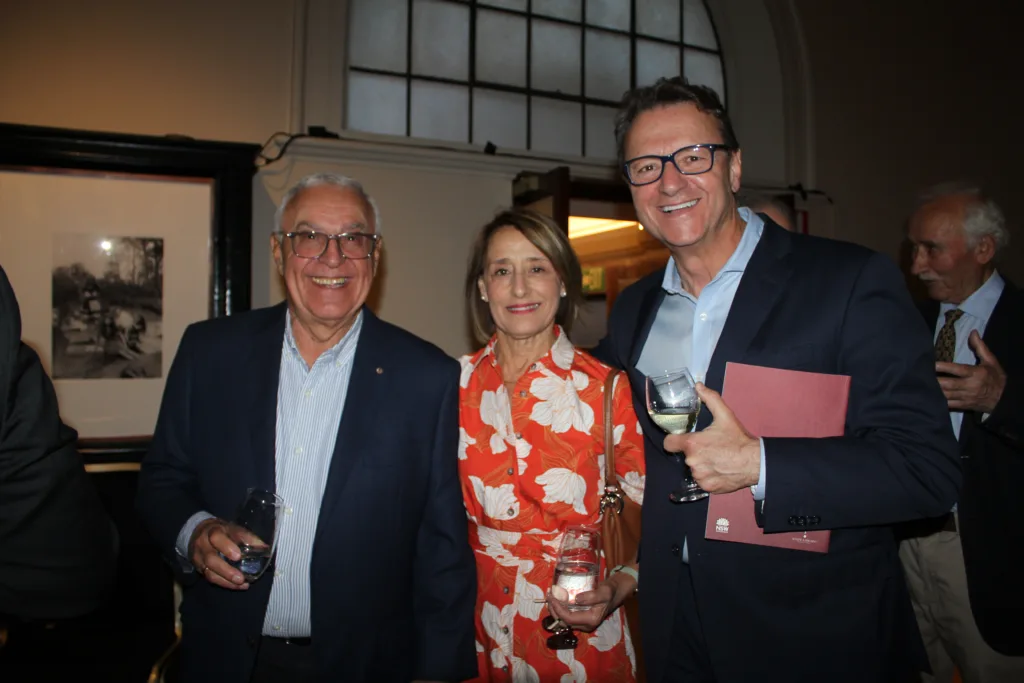
With plans to promote the archive more widely and expand its reach, the project team envisions a future where these stories inspire other communities to preserve their histories.
The evening closed with a call for unity and collaboration, echoing the sentiments of many speakers who highlighted the collective strength that defines the Greek Australian community.
